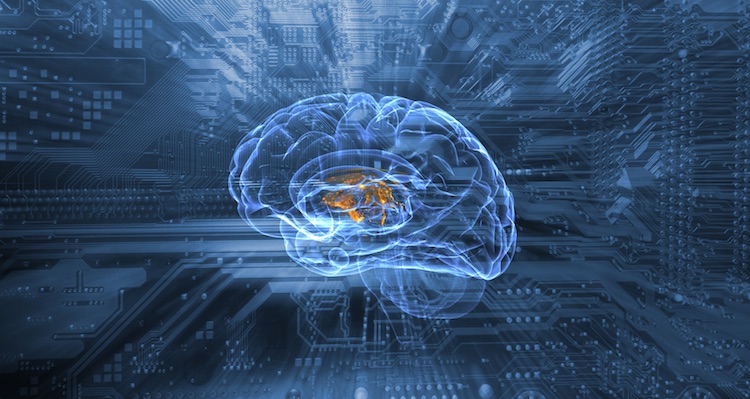The Customer Effect
Inside the Royal Bank of Canada’s machine-learning labs
- The Royal Bank of Canada is working with Richard Sutton, a noted artificial intelligence expert, to explore how it can better integrate machine learning into its work.
- Sutton said the use of reinforcement learning technology will help the bank carry out tasks faster and more cheaply, while improving customer service.








